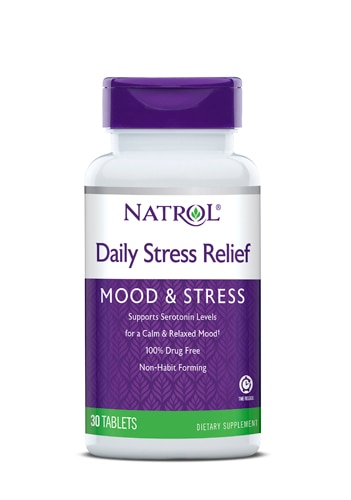Have you ever noticed that stress and paying attention to your breath are mutually exclusive? When we are stressed, our breath becomes short and shallow, jammed in its tracks so to speak. But if stress has one nemesis, it’s slowing down. As author Christian McEwen says in her book “World Enough & Time,” “it is as if one were trying to marry (or at least make love to) the tiniest iota of the task at hand.”
This is what all the ancient meditation practices point to—a radical immersion in whatever is arising. But how does meditation work exactly? What can science tell us about how what looks like “doing nothing” can actually do so much?
Enhanced attention
Luckily for us our breath is a constant, which makes it an excellent subject for observation. A recent study by researchers at Trinity College Dublin sheds light on what happens in our brain when we pay attention to our breath. They found that breathing—a key element of meditation and mindfulness practices—has a direct impact on the levels of a natural chemical messenger in the brain called noradrenaline.
According to researchers, “This chemical messenger is released when we are challenged, curious, exercised, focused or emotionally aroused, and, if produced at the right levels, helps the brain grow new connections, like a brain fertilizer.” Just breathing can affect our brain chemistry in positive or negative ways. The study found that the participants who did the best on a complicated task synchronized their breath with their attention.
The takeaway: Controlled breathing may be key to producing the right amount of noradrenaline, making our emotions, thinking and memory much clearer. By focusing on and regulating your breathing you can optimize your attention level and likewise, by focusing on your attention level, your breathing can become more synchronized. Steady breathing makes the mind steadier and helps the brain grow new connections between cells.
Reduced anxiety
Mindfulness meditation can also serve as strategy for treating anxiety. Anxiety tends to stem from an inability to handle distracting thoughts that become too powerful. Meditation can help you cope with nagging, unproductive worries by offering a better way of responding to fear.
According to Dr. Elizabeth Hoge, a psychiatrist at the Center for Anxiety and Traumatic Stress Disorders at Massachusetts General Hospital and an assistant professor of psychiatry at Harvard Medical School, you can train yourself to stop identifying with your negative thoughts. The key? Recognizing that your gloomy thoughts are not part of your core self. Her 2013 study, published in The Journal of Clinical Psychiatry, found that a mindfulness-based stress reduction program was more effective for reducing anxiety symptoms than more conventional stress management techniques.
The takeaway: Anxiety is a condition marked by chronic worry and self-judgment. The study included breath-awareness and yoga as a way to encourage participants to adopt an accepting, non-judgmental stance to their current experience. Just focusing on your breath, the study suggests, can boost your capacity self-kindness.
Improved sleep
Meditation evokes a relaxation response that’s closely linked to easing sleep disorders. By focusing on your breathing and bringing your mind’s attention to the present, concerns about the past or future—typically what keeps people awake at night--can recede in relevance.
A 2015 study published in JAMA Internal Medicine Journal measured the impact of a mindfulness awareness program versus a sleep education protocol amongst middle aged and older adults. According to researchers, “Compared with the people in the sleep education group, those in the mindfulness group had less insomnia, fatigue and depression at the end of the six sessions.”
The takeaway: Sleep problems occur when we can’t disengage from our thoughts. Meditation, by supporting self-regulation, reducing rumination,and soothing arousal, can be a viable solution for common sleep problems.




